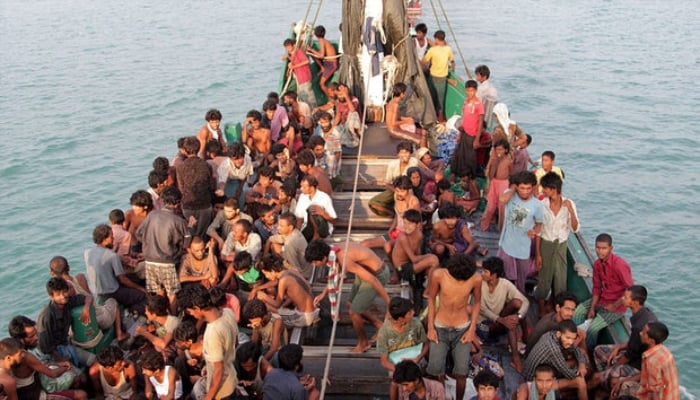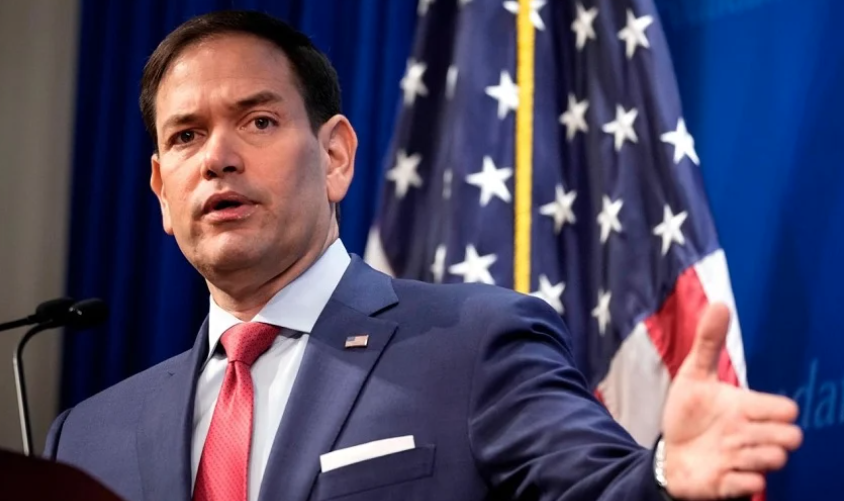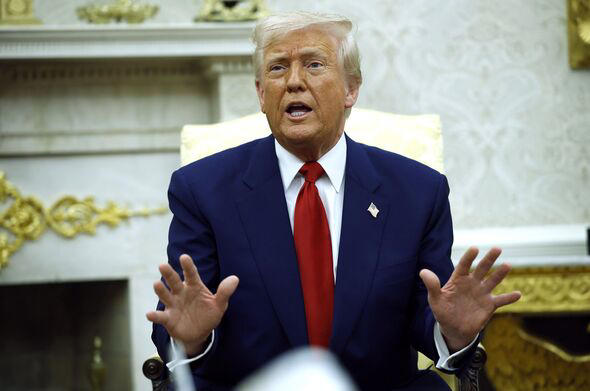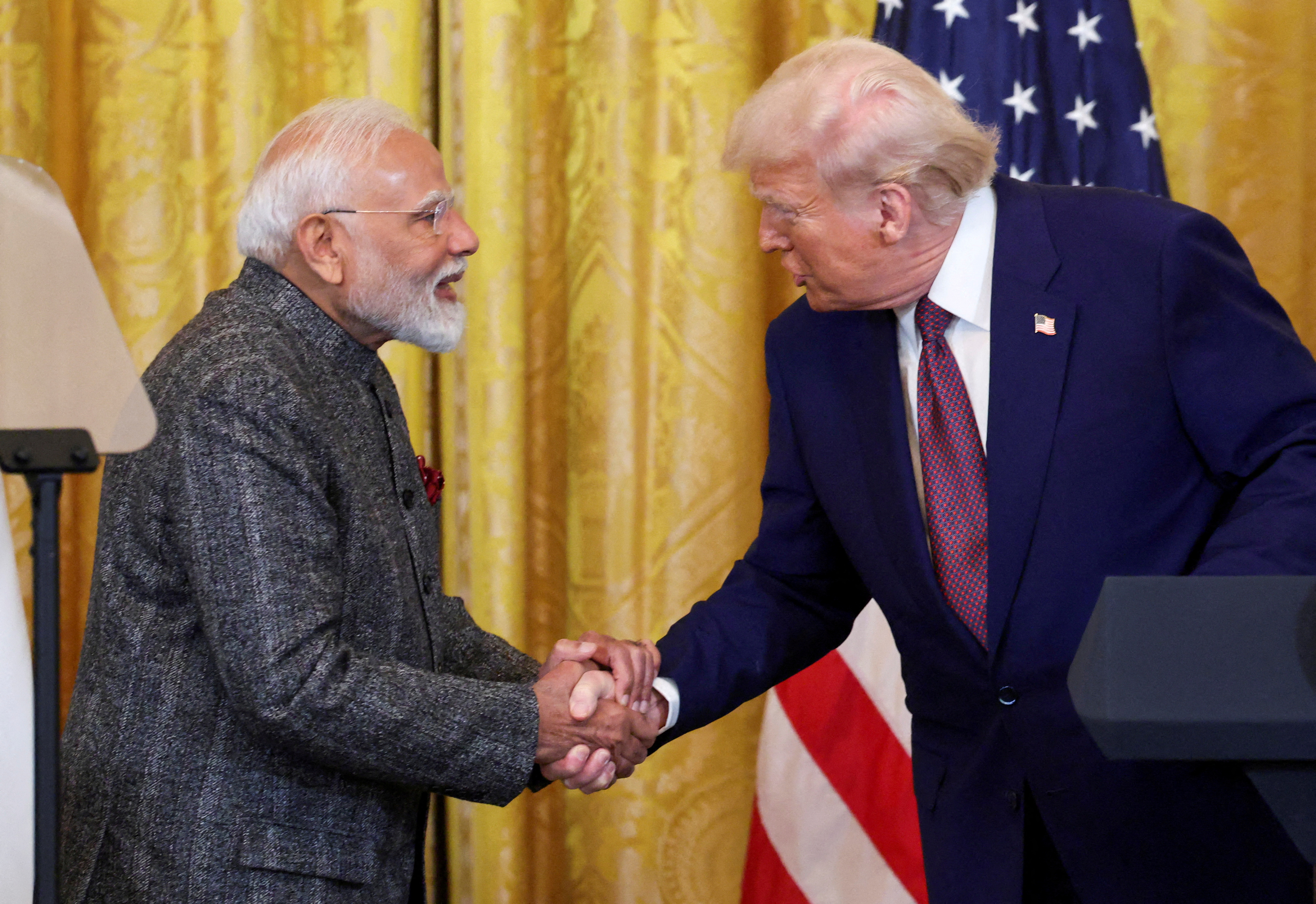WORLD NEWS
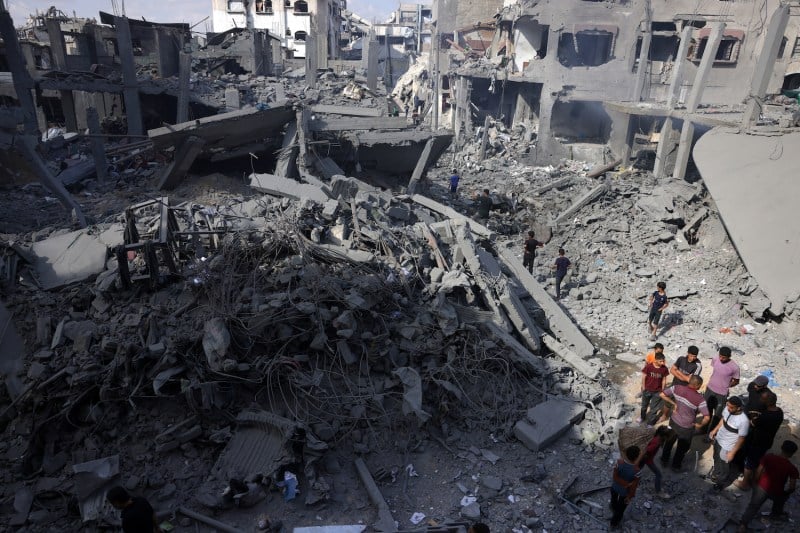
Israeli air and artillery strikes on Gaza have claimed the lives of over 250 people since Thursday morning, local health authorities reported on Friday. This wave of bombardment represents one of the deadliest periods since the truce between Israel and Hamas collapsed in March. A large-scale Israeli ground offensive is anticipated soon.
U.S. President Donald Trump concluded his Middle East tour without securing progress toward a new ceasefire, as Israel intensified its military campaign in Gaza. Acknowledging the worsening hunger crisis in Gaza, Trump emphasized the need for aid deliveries and expressed a balanced stance. “We have to help also out the Palestinians. You know, a lot of people are starving in Gaza, so we have to look at both sides,” he said, while also expecting “good things” over the coming month regarding Israel’s operations.
Friday’s strikes concentrated on northern Gaza, including heavily populated areas such as Beit Lahiya and the Jabalia refugee camp. Many civilians, including women and children, were killed overnight. The Gaza Health Ministry confirmed numerous bodies remain buried under rubble. Residents have been ordered by Israeli forces to evacuate these northern areas immediately.
Israeli Prime Minister Benjamin Netanyahu announced plans on May 5 for an expanded and intensified offensive against Hamas, the militant group that attacked Israeli communities in October 2023, killing around 1,200 people and taking about 250 hostages. The Israeli security cabinet has approved plans potentially involving the seizure of the entire Gaza Strip and control over aid distribution.
The military campaign has displaced nearly the entire population of Gaza, killed more than 53,000 people, and caused widespread devastation, according to Gaza authorities and aid agencies. Israel’s blockade has also severely restricted food and medical supplies, fueling fears of famine and a deepening humanitarian crisis.
Amid the violence, international pressure is mounting for renewed ceasefire talks and an end to the blockade. The United States, Israel’s closest ally, has expressed concern over the scale of destruction and the growing humanitarian disaster. U.S. Secretary of State Marco Rubio recently described the situation as “troubling.”
While Netanyahu’s government sent a delegation to Doha for ceasefire negotiations with Qatari mediators, the Israeli Prime Minister has ruled out concessions, reaffirming Israel’s commitment to eliminating Hamas.
Families of hostages held in Gaza have urged for a ceasefire, warning that Israel risks missing a critical opportunity to bring their loved ones home.
As the situation remains tense and volatile, the world watches anxiously, hoping for a resolution that can bring peace and alleviate the suffering of civilians caught in the crossfire.
